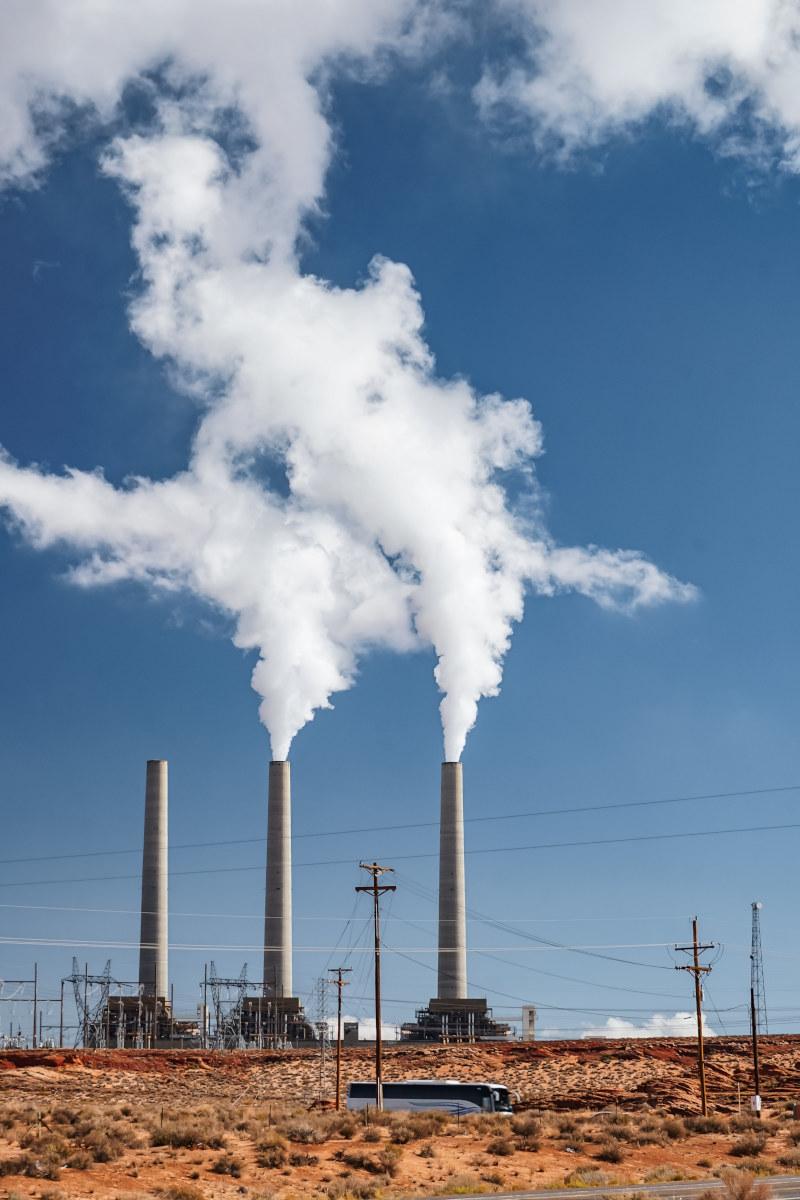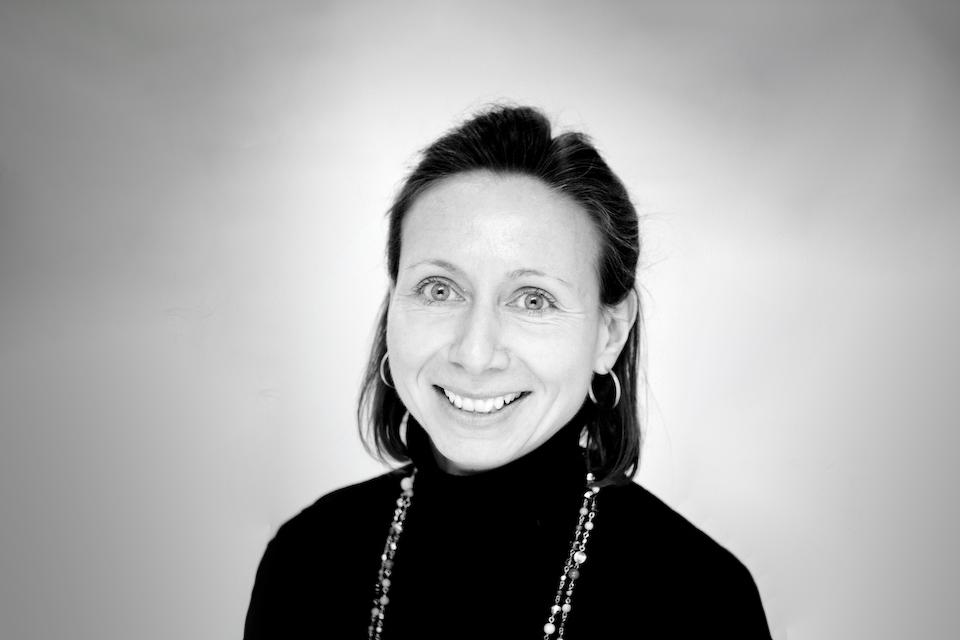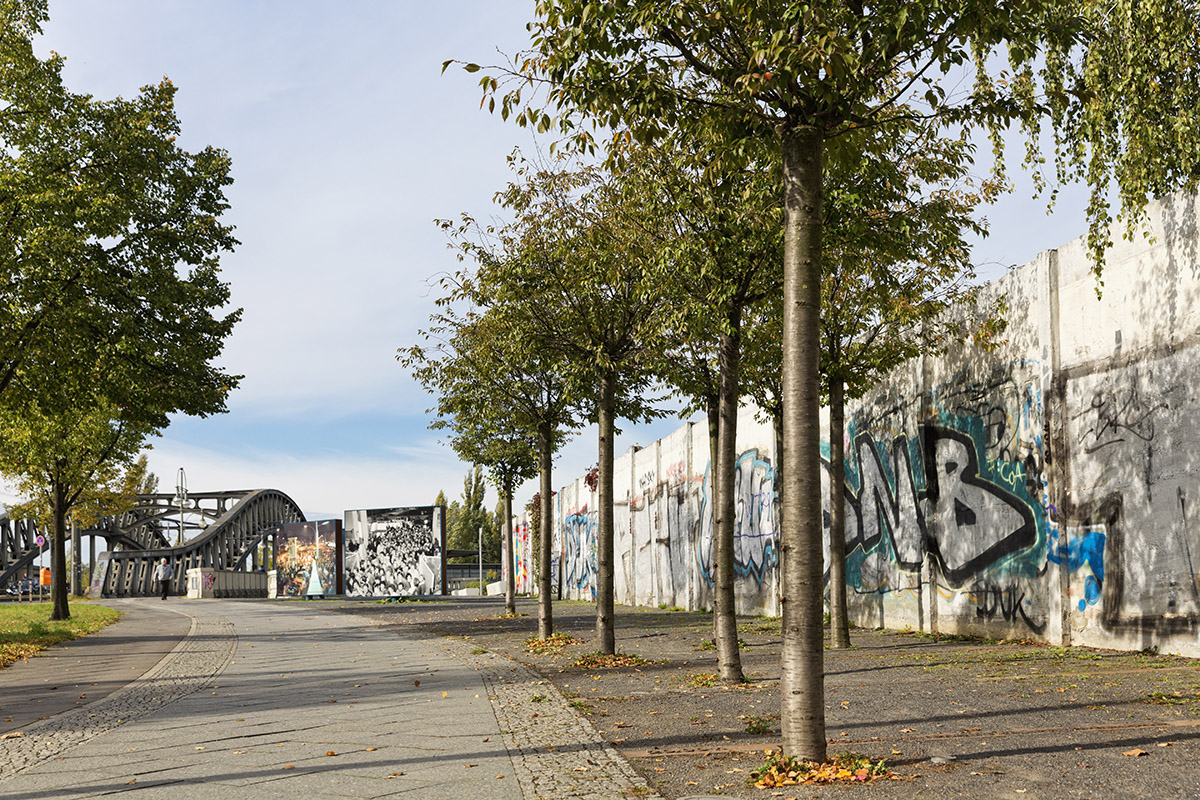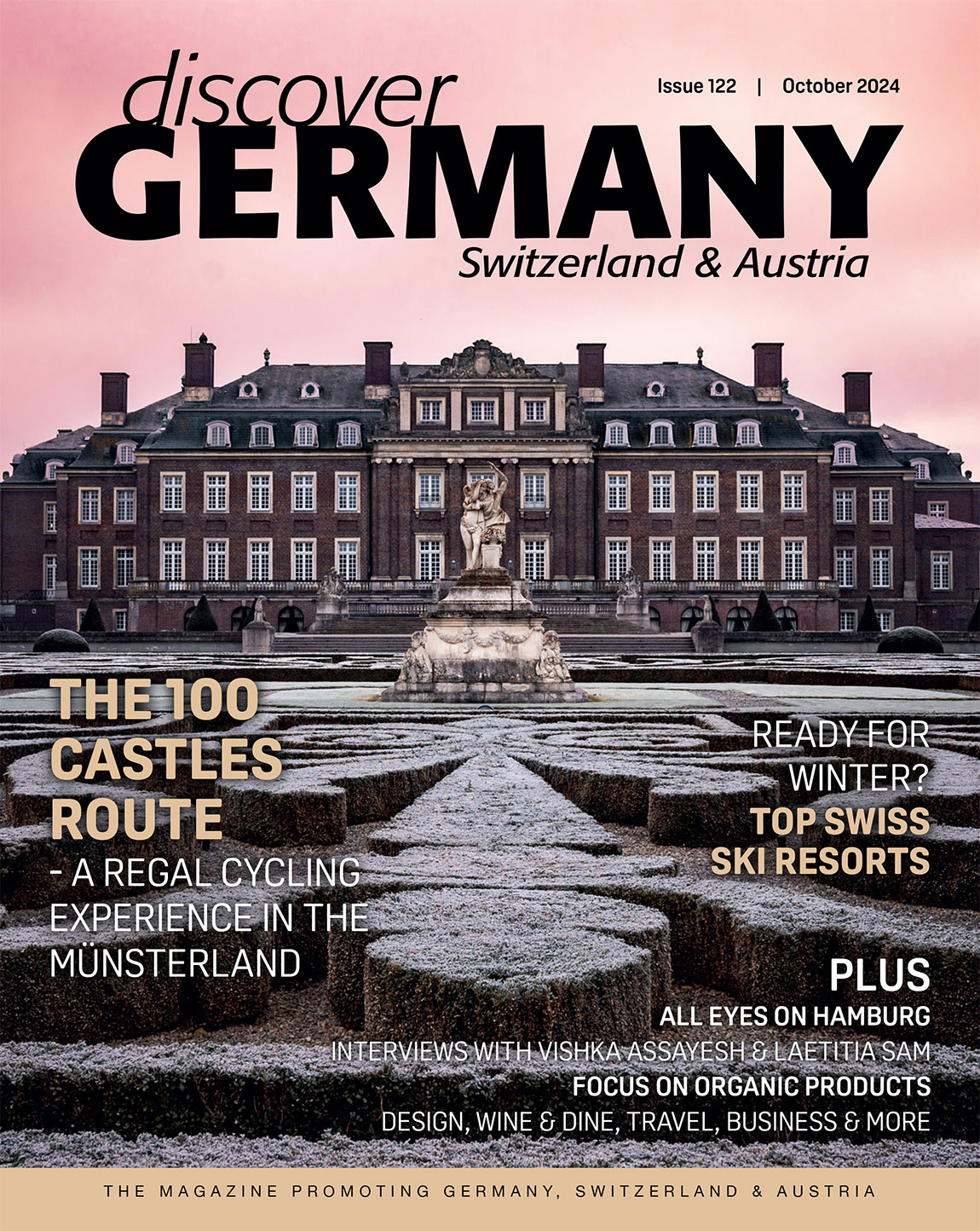Gregor Kleinknecht – All change

Given that the deadline for this column fell a few days before the December Westminster Election Day, you will be pleased to hear that the next couple of column inches are a Brexit free zone, for a change. When I asked the kids what I should be writing about instead this month, the answer was: climate change (actually they said ‘the climate emergency’).
TEXT: GREGOR KLEINKNECHT | PHOTO © PEXELS & GREGOR KLEINKNECHT
Ok, but what does that have to do with lawyers, you may ask. Well, the UN has been busy for a while now creating an ever more elaborate legal framework of international conventions and agreements on climate change, so that’s where the law comes in. In fact, the United Nations Framework Convention on Climate Change (UNFCCC) was adopted as long ago as 1992 at the Rio Earth Summit. Greta wasn’t even born back then. Let’s not dwell on how much CO2 all those delegates will have generated, jet-setting from one summit to the next, ever since.
The UNFCCC entered into force on 21 March 1994. To date, 197 countries have ratified the Convention. Remarkably for its time, the Convention recognised that there was a problem even though there was less scientific evidence of climate change than there is now. Now, the penny even appears to have dropped for arch petrol-head and fossil fuel dinosaur Jeremy Clarkson, that climate change is a reality. Against this background, the Convention set the ultimate objective of stabilising greenhouse gas concentrations “at a level that would prevent dangerous anthropogenic (human induced) interference with the climate system”. It states that “such a level should be achieved within a time-frame sufficient to allow ecosystems to adapt naturally to climate change, to ensure that food production is not threatened, and to enable economic development to proceed in a sustainable manner”. The Convention puts the onus on developed countries to lead the way in cutting emissions, as they are the source of most past and current greenhouse gases. In addition, industrialised nations agreed under the Convention to support climate change activities in developing countries by providing financial support for action on climate change.
Next, came the Kyoto Protocol, which was adopted on 11 December 1997, entered into force on 16 February 2005, and for the first time, set internationally binding emission reduction targets. In 2001 came the Marrakesh Accord, which adopted detailed rules for the implementation of the Kyoto Protocol; and in 2012, the Doha Amendment, which agreed new commitments for the period to 31 December 2020 and adopted a revised list of greenhouse gases.
On 4 November 2016, the Paris Agreement entered into force with the central aim of strengthening the global response to the threat of climate change by keeping a global temperature rise this century well below two degrees Celsius above pre-industrial levels and to pursue efforts to limit the temperature increase even further to 1.5 degrees Celsius.
These agreements spawned such an enormous number of administrative bodies, institutions and committees, that I cannot even start to list them here. One of them is the famous Intergovernmental Panel on Climate Change (IPCC), which is where the scientists try to grapple with the whole thing.
Yet, after all that, we heard in the news this week that carbon dioxide emissions have risen again this year. So once you start looking into this, you realise that the talking has been going on for nearly 20 years and continues right now at the COP 25 UN Climate Change Conference in Madrid. No wonder then, that our children, who will need to make a living on this planet long after you and I are gone, are slowly coming round to the view that it is time for the talking to stop and the action to start. So, go on Greta, and thank you for what you are doing. As for me, I traded in the keys to the full-fat, full-bad Porsche 911 for the keycard to an all-electric Renault Zoe. It isn’t of course zero emission, given that it is probably fed predominantly by coal and gas-fired electricity, but let’s hope it helps a bit.
Gregor Kleinknecht LLM MCIArb is a German Rechtsanwalt and English solicitor, and a partner at Hunters, a leading law firm in Central London. Hunters Law LLP, 9 New Square, Lincoln’s Inn, London WC2A 3QN.
E-mail: gregor.kleinknecht@hunterslaw.com
Web: www.hunterslaw.com
Disclaimer: The views and opinions expressed in this column are those of the author and do not necessarily reflect the official policy or position of Scan Magazine Ltd.
Subscribe to Our Newsletter
Receive our monthly newsletter by email



